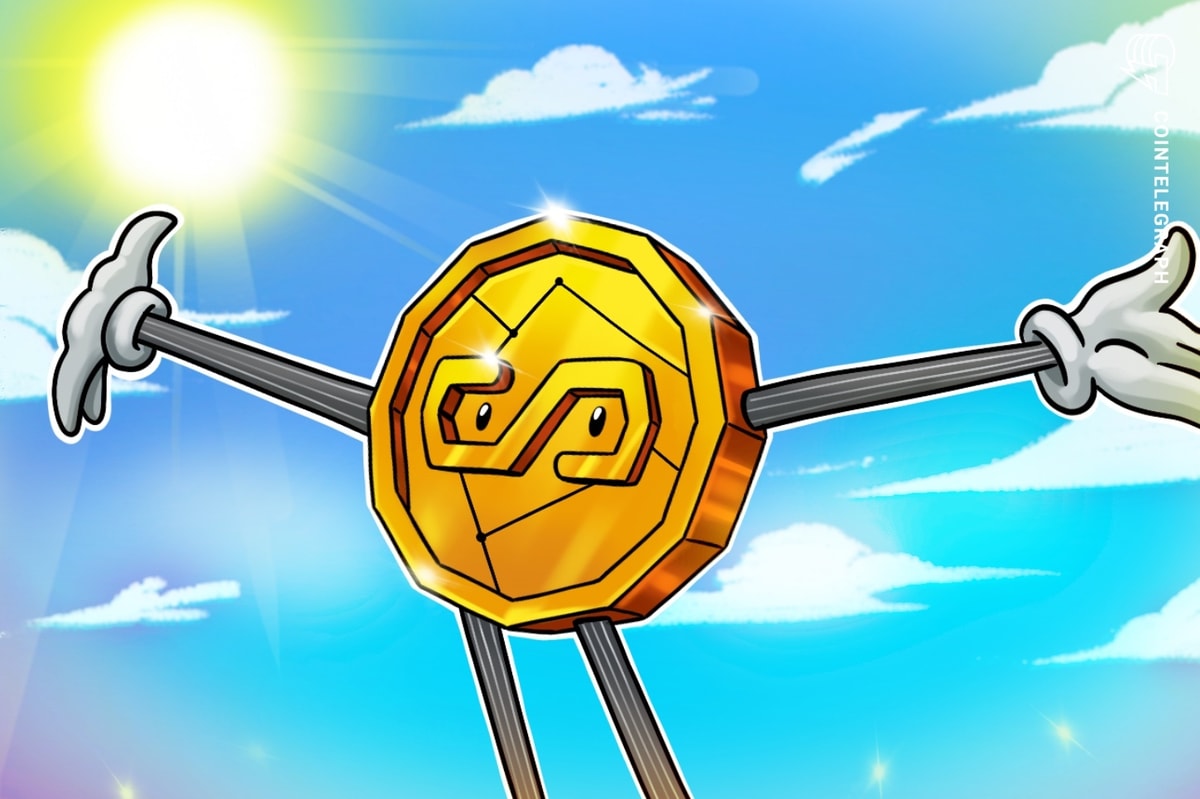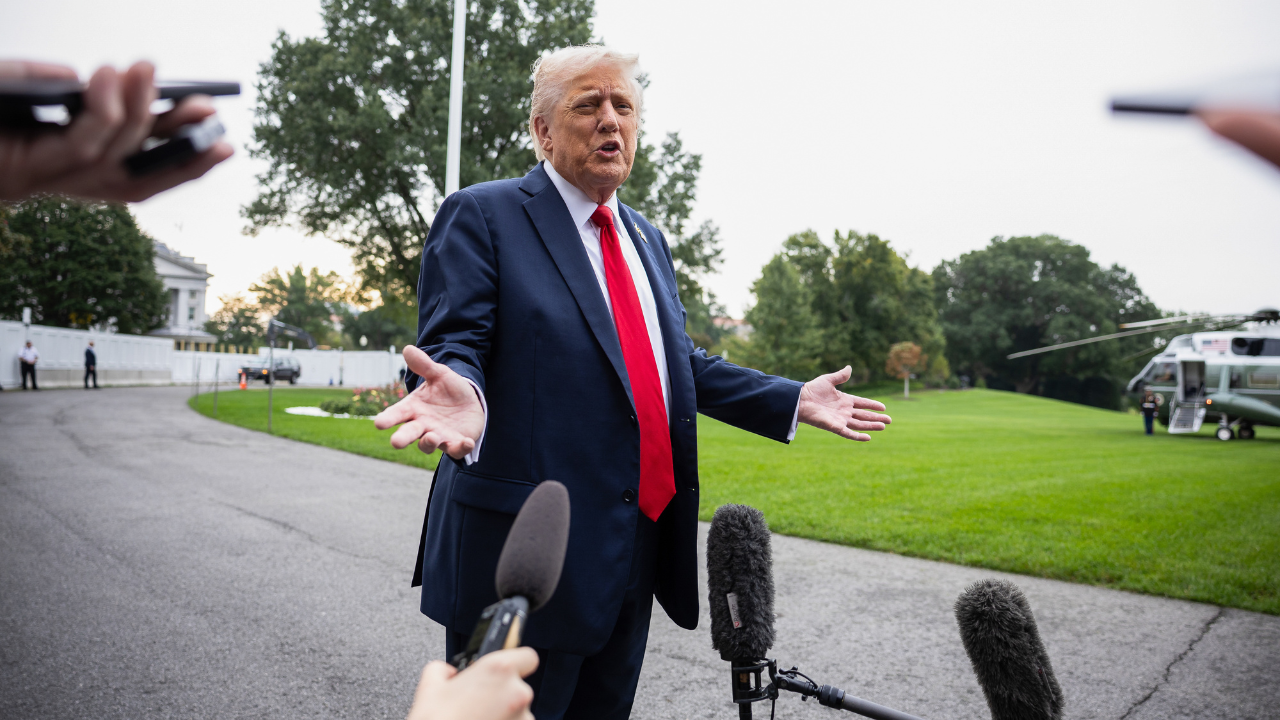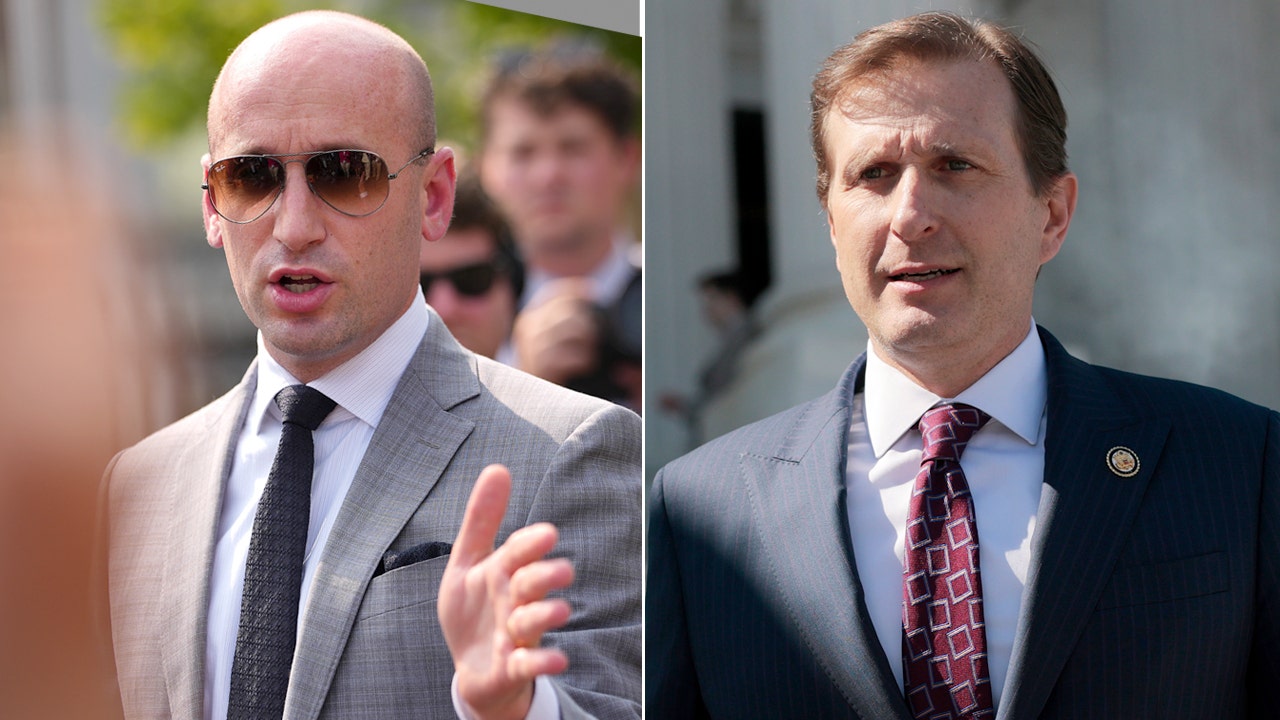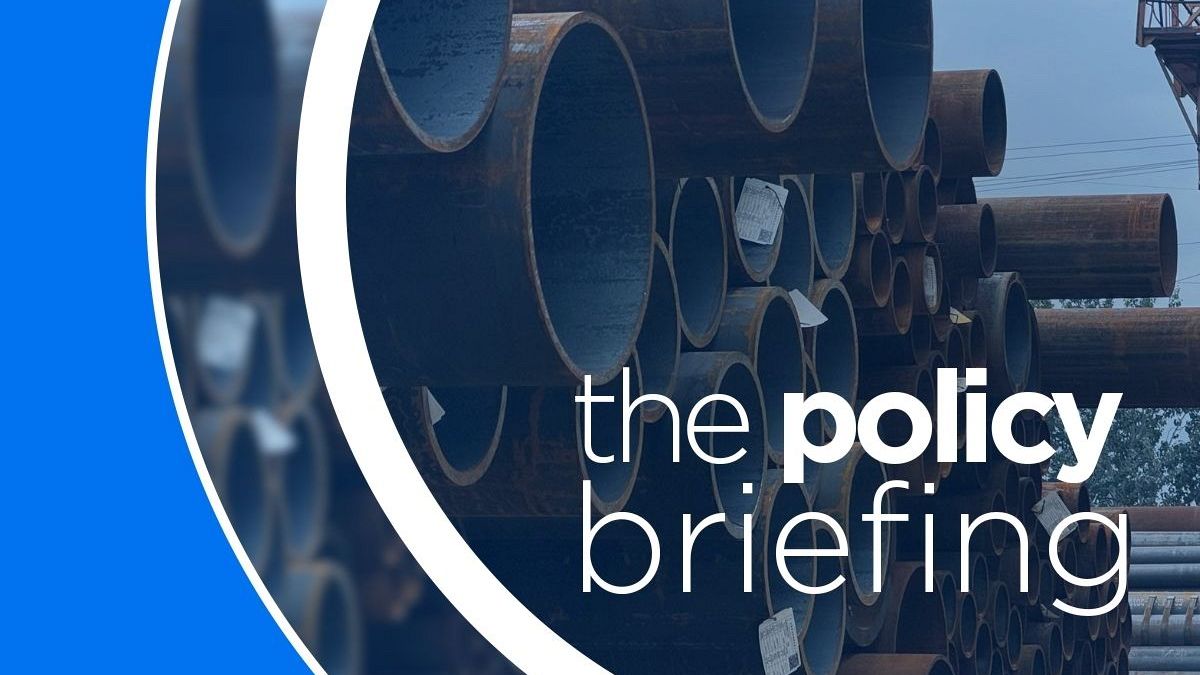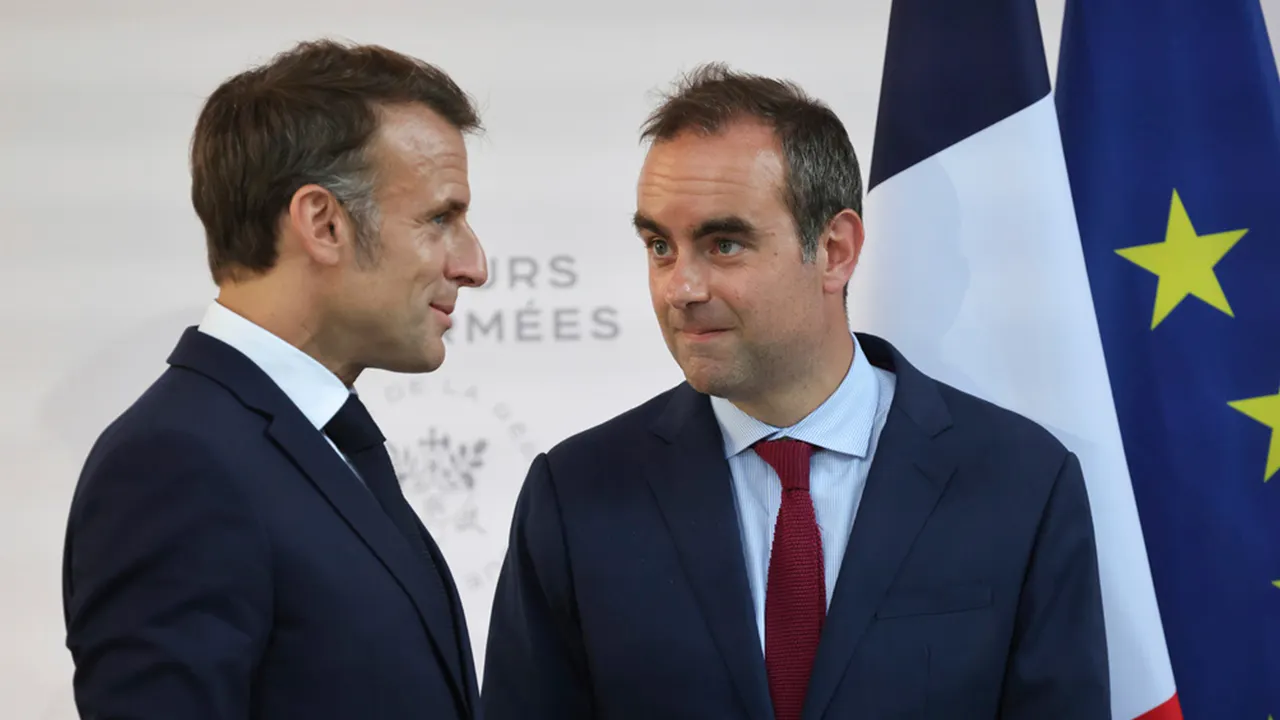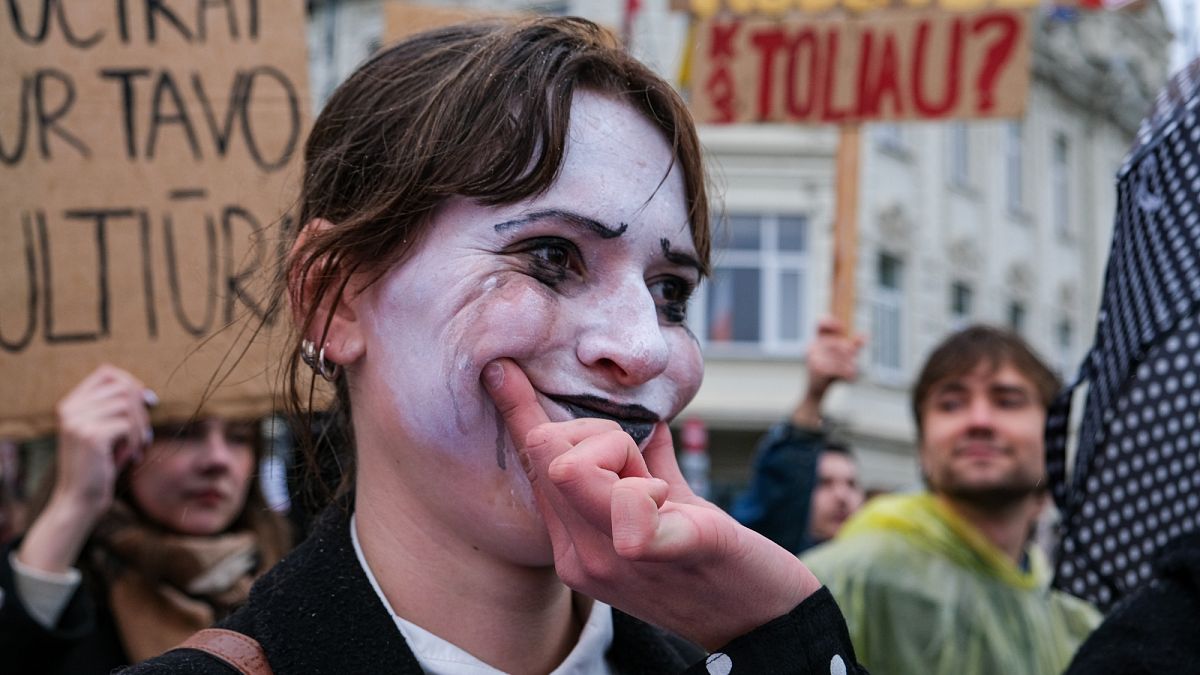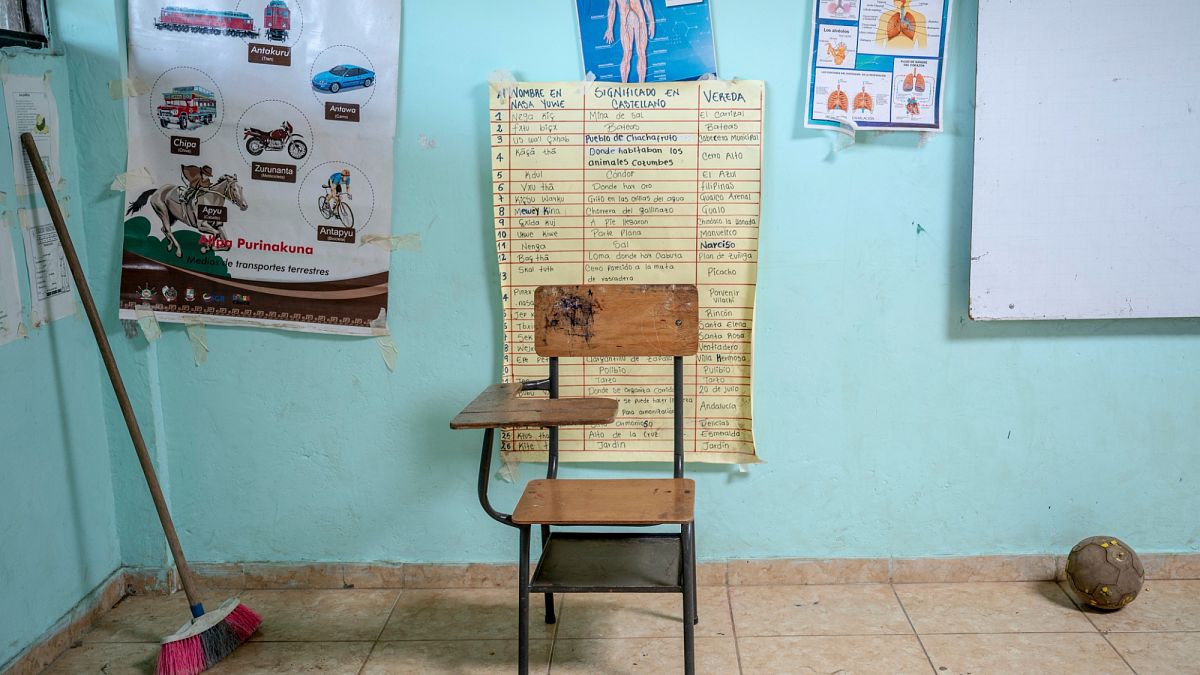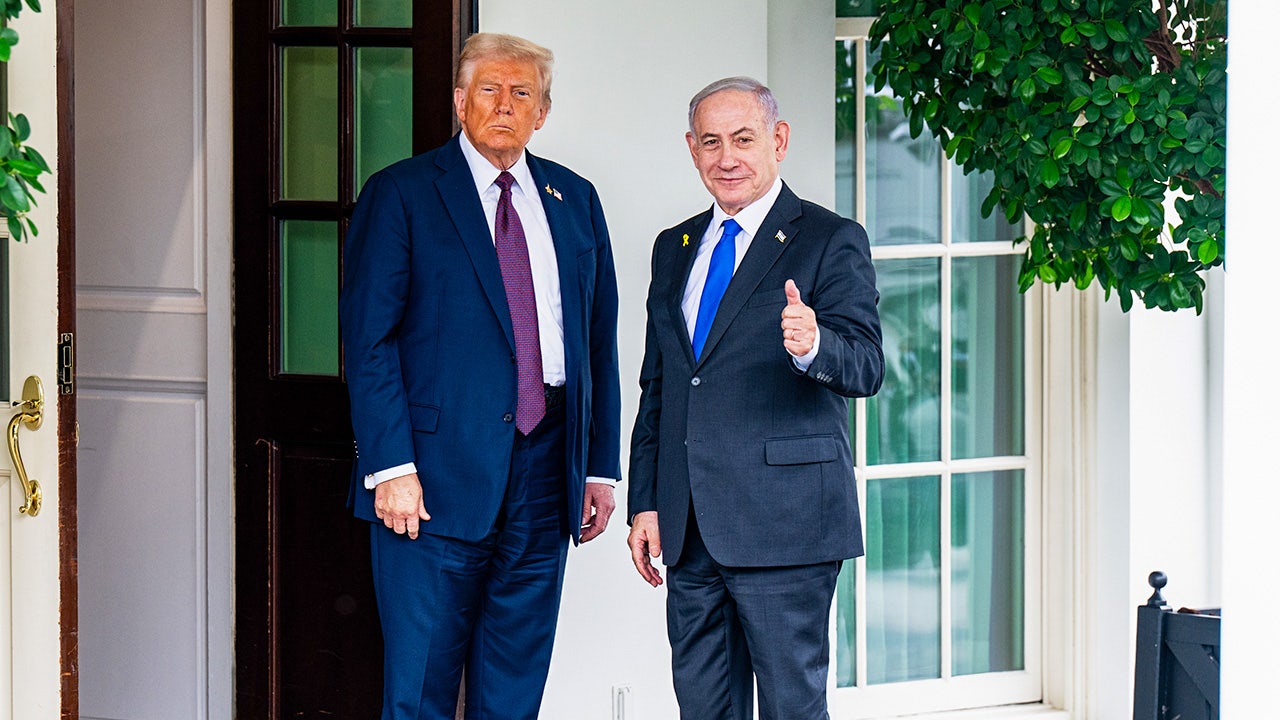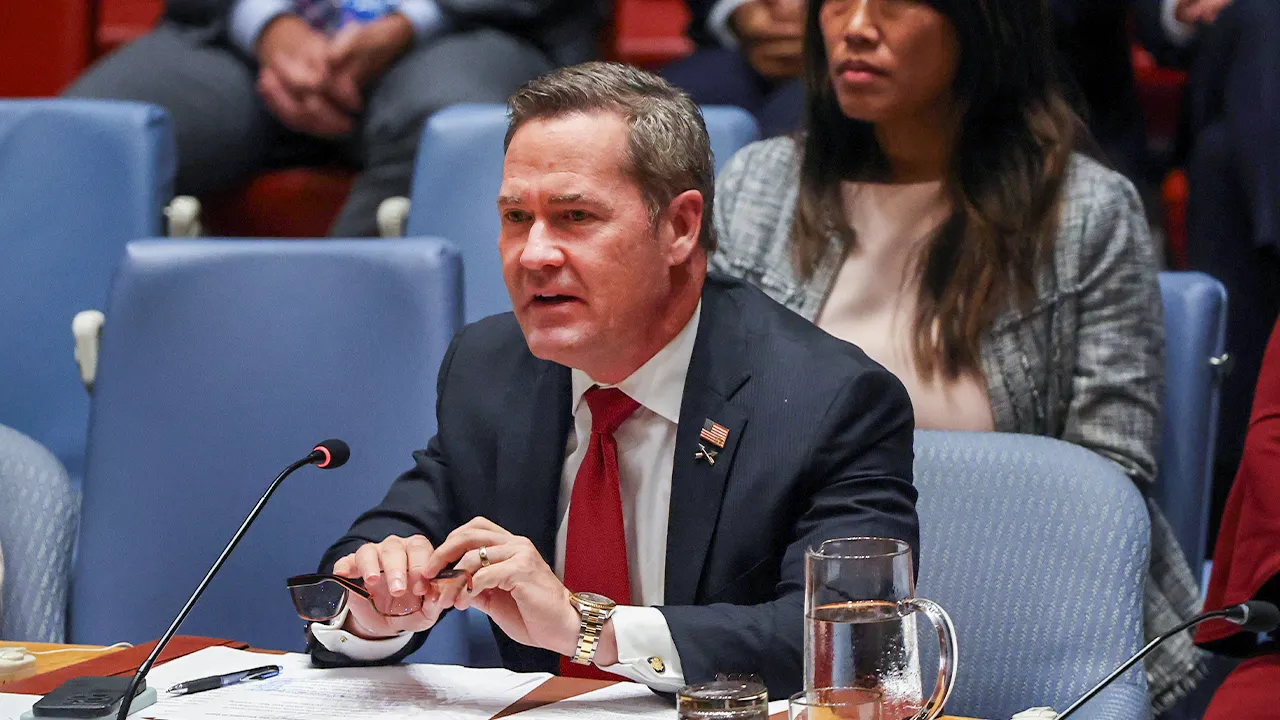By Euronews
Published on
Key diary dates
-
Tuesday 7 October : The Commission will present the AI package and measures to address the effects of global overcapacity on the EU steel market. The MEPs will vote on the revision of the visa suspension mechanism.
-
Wednesday 8 October : The MEPs debate Europe’s automotive future and the ban on the sale of combustion cars in the EU.
-
Thursday 9 October : The MEPs will vote on the motion of censure on the Commission.
In spotlight
ADVERTISEMENT
Companies and workers in the European steel sector are under strain. International competition is fierce, energy costs remain high, and the transition to greener steel production is proving expensive.
After unveiling in March an action plan for the sector, the European Commission is now expected to follow up on 7 October with new measures aimed at addressing the impact of global overcapacities reaching the EU market.
Global demand remains weak, and excess of steel production are growing. OECD data speak for themselves : from 600 million tonnes in 2023, they are expected to rise to 720 million tonnes next year.
In this context, China is being accused by its trading partners of not playing by the rules, flooding the European market with heavily subsidised, low-cost steel.
Donald Trump wasn’t fooled: after imposing 25% tariffs on all steel imports to the US mid-March, he raised them to 50% in June in a move aimed at countering cheap Chinese overcapacities.
But Europeans haven’t been spared either. Their exports to the US are now heavily taxed and there is a major risk that global steel originally destined for the US market will be redirected to Europe.
In July, Washington and Brussels reached a trade agreement covering all EU products, which are now subject to a 15% US tariff — with the notable exception of aluminium and steel, which remain the poor relations of the deal, still facing 50% US tariffs.
New negotiations with Washington are expected — but not before the Commission shows its hand, with measures to shield the EU market from excessive imports from third countries.
A safeguard system has been in place since 2019 to protect the European market, but it is set to expire in 2026.
A new protection mechanism is expected to be unveiled on Tuesday.
Policy newsmakers
Ursula von der Leyen’s future at risk
Ursula von der Leyen, President of the European Commission, will face two different motions of censure this week, presented by far-right and far-left political groups.
The Left and Patriots for Europe groups in the European Parliament have secured the necessary signatures for the chamber to vote on von der Leyen’s continuation as head of the Commission.
This is not the first time Ursula von der Leyen has seen her position questioned by the Parliament. Earlier this year, she survived another vote of no confidence, with 175 MEPs voting in favour of the motion of censure, 360 against, and 18 abstentions. For a motion to succeed, it has to secure a two-thirds majority of the votes cast, representing a majority of the component members the parliament.
Policy Poll
Data brief
Read the full article here



